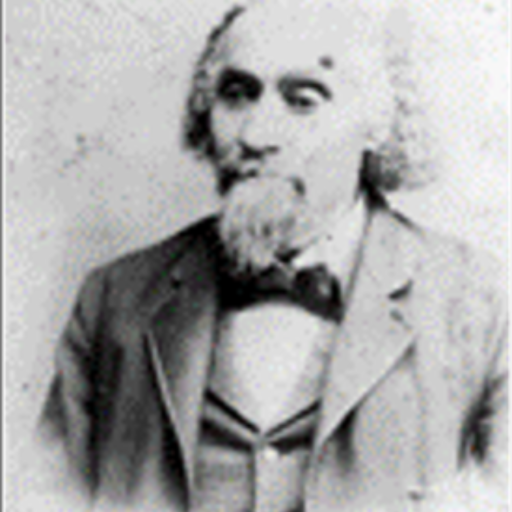Kentucky Township, Jefferson County, probably has not a more respected citizen than Mr. Jones, who made his way unaided to a good position among his fellowmen. He came to this township in 1878 and purchased the first eighty acres of land, to which he subsequently added until he has now 200 acres, comprising some of the best soil in this region. The greater part of this is under cultivation, and Mr. Jones has a substantial dwelling, a good barn, orchards, groves, and in fact all the appliances of a modern rural homestead.
It is located five miles north of the town of Perry. During the season of 1889 Mr. Jones raised 5,500 bushels of corn from 100 acres of ground, and fed over a car-load of cattle, besides from seventy to 100 head of swine, doing his own shipping. He is considerably interested also in good road horses.
The subject of this sketch was born near Lexington, Montgomery Co., Ky., in August 1825, and is the son of Thomas and Elsa Jones, who were natives of Clarke County, that State. His father was a free man, but his mother was a slave, being the property of his Grandmother Jones. Milton was likewise the property of Mrs. Jones. Thomas Jones was a farmer in Montgomery County, until selling out when he removed to Pilot County. There he also engaged in farming, but he was likewise a sportsman and fond of the hunt, very brave and killing bears and panthers. He died in Clarke County, where he had been connected with the Baptist Church. He was said to be part Cherokee-Indian blood. The mother was also a Baptist in religious belief and died in Montgomery County in 1865.
Mr. Jones was brought up on a farm as his grandmother’s slave and was not allowed any chance for education, although he managed to learn to read and picked up considerable information. He was exceedingly bright and especially handy with all kinds of tools, learning shoe-making, stone-masonry, and carpentering. His duties were varied by driving hogs over the mountains to Atlanta and Charleston, 750 miles away, making usually twelve miles in a day.
Such was his good judgment in the handling of these, that when arriving at their destination they were fatter and heavier than when they started. He was considered, in fact, the boss hog driver in all that region. Two men were usually employed for every lot of 200 hogs. The mountain roads were narrow, and sometimes a bear would tumble down the sides among the animals, some of whom would go nearly wild with fright, and it was difficult to keep them from escaping their drivers.



